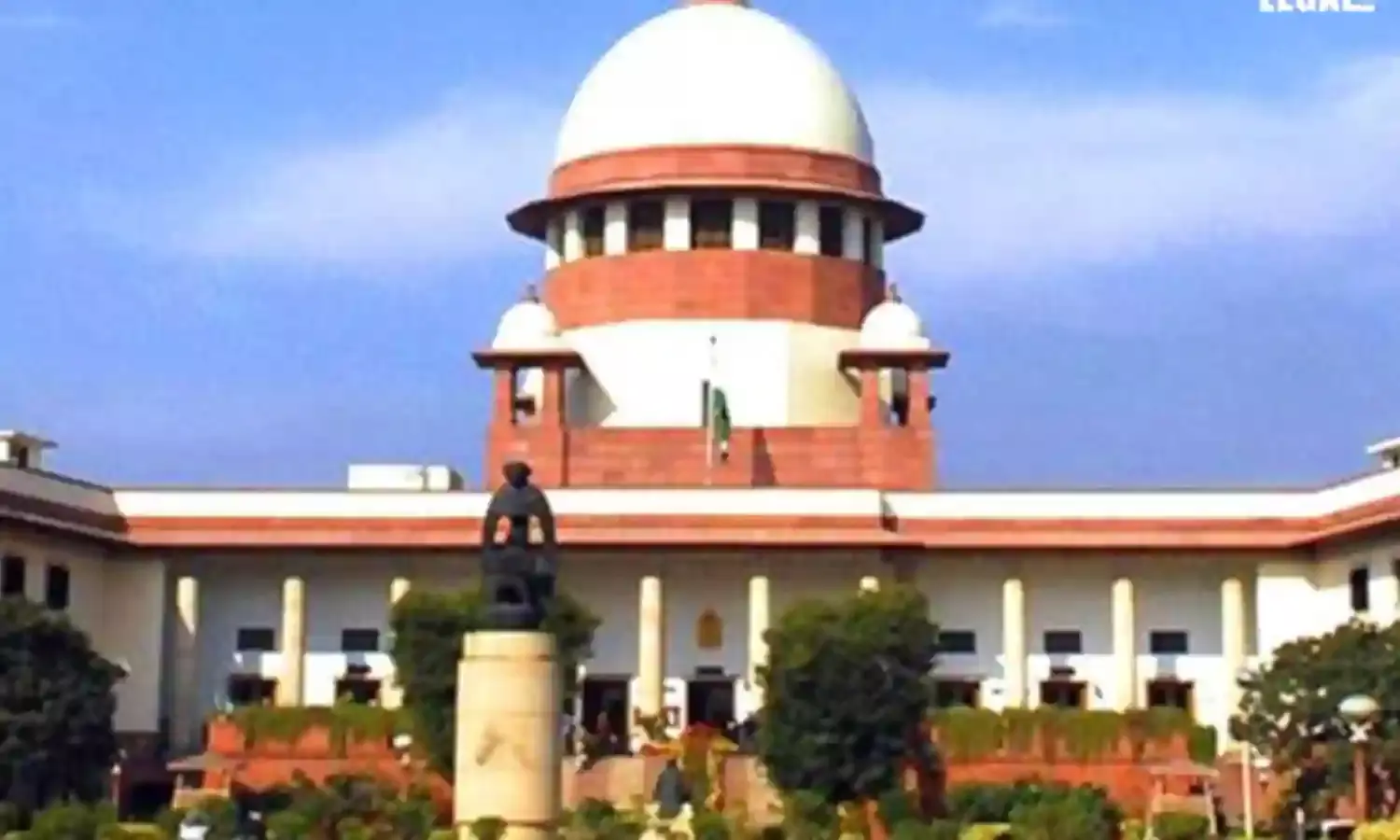Supreme Court Upholds HDFC's Claim to Rents from IL&FS
The Supreme Court has ruled that Infrastructure Leasing and Financial Services Ltd (IL&FS) validly assigned its rents to;

Supreme Court Upholds HDFC's Claim to Rents from IL&FS
The Supreme Court has ruled that Infrastructure Leasing and Financial Services Ltd (IL&FS) validly assigned its rents to Housing Development Finance Corporation Ltd (HDFC). The Court held that the assignment agreements complied with the Transfer of Property Act, 1882, and that the rents payable by IL&FS's tenants, lessees, and licensees were considered debts that were effectively transferred to HDFC.
IL&FS appealed an order of the National Company Law Appellate Tribunal (NCLAT) that froze its assets. The issue was whether documents IL&FS executed to transfer rents to HDFC constituted an assignment, which would have exempted the rents from the freeze order.
IL&FS sought a loan from HDFC, and the two parties signed a Master Facility Agreement and an Assignment Agreement. These agreements assigned IL&FS's receivables to HDFC as repayment for the loan. When NCLAT froze some of IL&FS's assets and actions, IL&FS and HDFC disputed the ownership of funds in an escrow account. IL&FS wanted the funds reversed, but HDFC claimed to own them under the assignment agreements. NCLAT ruled that HDFC owned the assigned portion of the receivables, but IL&FS retained rights to the excess funds in the escrow account. The freeze order did not cancel the assignment, but it did prevent the transfer of excess funds.
Justices S. Ravindra Bhat and Dipankar Datta stressed the importance of contract interpretation principles, noting that the true meaning of a contract is determined by its terms, not its label. The parties' true intent is revealed by the combined effect of all the terms in the contract documents. Additionally, when a transaction is described in multiple interconnected documents, the court can consider them together to understand the entire agreement.
The Court noted that while the Master Facility Agreement defined "security" and "security interest," the Assignment and Administration Agreement clearly assigned the rents payable to IL&FS to HDFC. The use of the term "pledge" did not diminish the effect of the assignment. The nature and substance of the transaction, as determined from all contemporaneous documents, showed that the rents payable were assigned.
The Apex Court acknowledged that the term "LRD" (Lease Rental Discounting) was not explicitly mentioned in any of the case documents. However, it stressed that the nature and substance of the transaction is the most important factor in contract interpretation. By applying the principle that all contemporaneous documents must be considered together to understand the parties' true intent, it became clear that the parties intended to assign the debt, specifically the rents payable as part of the transaction. In short, the absence of the term "LRD" did not change the fundamental nature of the agreement, which was the assignment of rents payable.
The Court emphasised the need to determine whether future receivables can be considered property and thus be transferred. It cited the Transfer of Property Act, 1882, which generally allows the transfer of all forms of property under Section 5. However, Section 6 of the Act specifies that certain types of properties or actions are not transferable, including "personal claims" resembling tortious claims and "choices in action." These types of claims or actions cannot be transferred under the law.
The Court noted that Section 3 of the Transfer of Property Act defines an "actionable claim" as either: (a) a claim to an unsecured debt (excluding debts secured by means such as a mortgage on immovable property, hypothecation, or pledge) or (b) a beneficial interest in movable property. These two categories of claims are legally recognised and enforceable. However, claims that do not fall into either of these categories are not considered "actionable claims" under the law.
The Supreme Court ruled that in this case, the rents payable by IL&FS tenants, lessees, and licensees were considered debts, and these debts were effectively transferred to the creditor, HDFC Bank. As a result, the NCLAT's conclusions were sound and unassailable.
The Court found that the appellant had failed to make a convincing case and dismissed the appeal.

